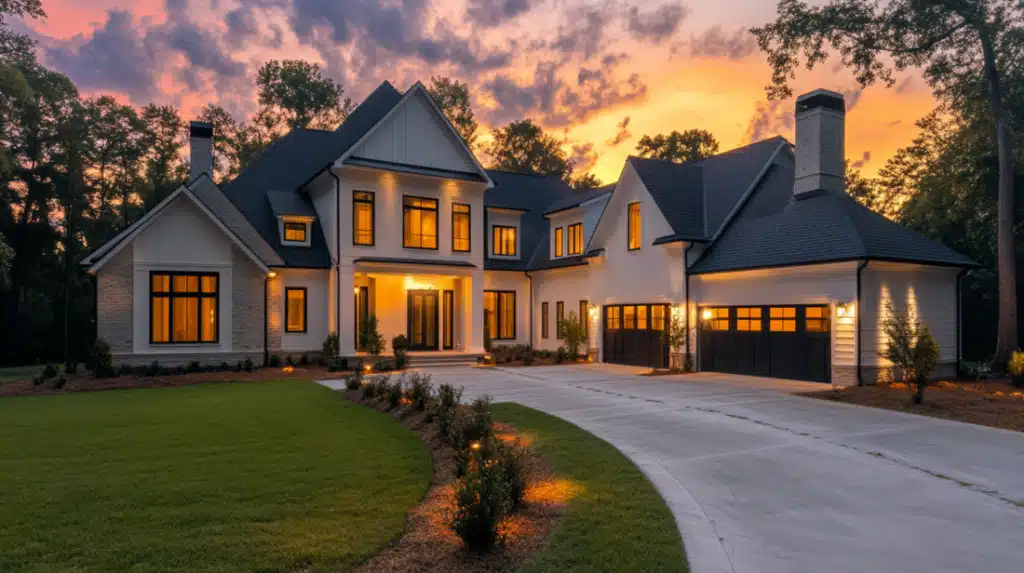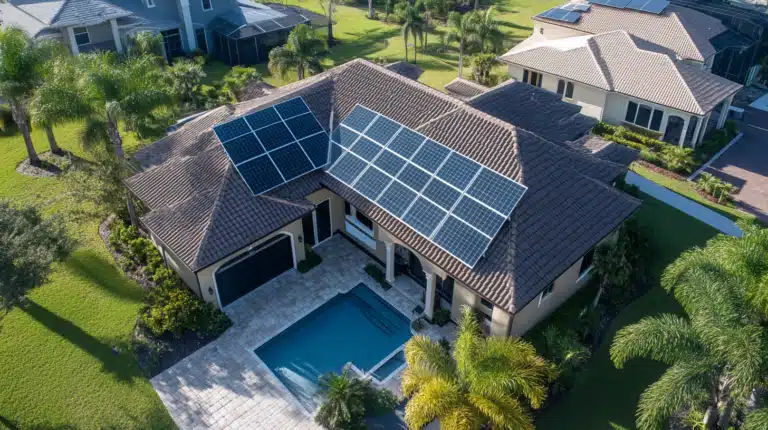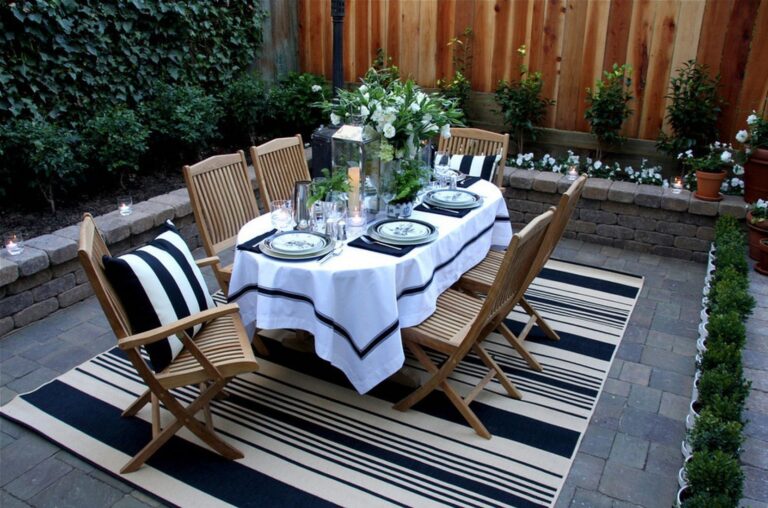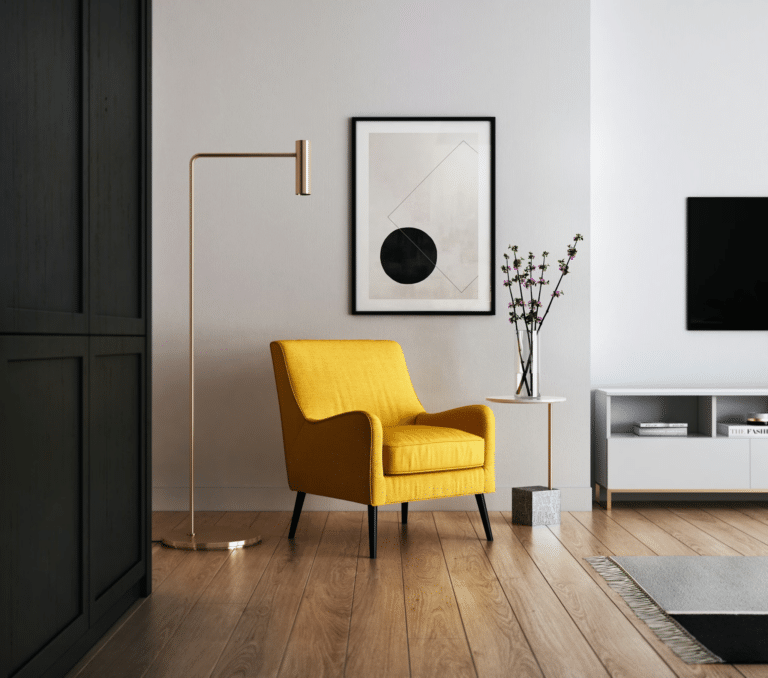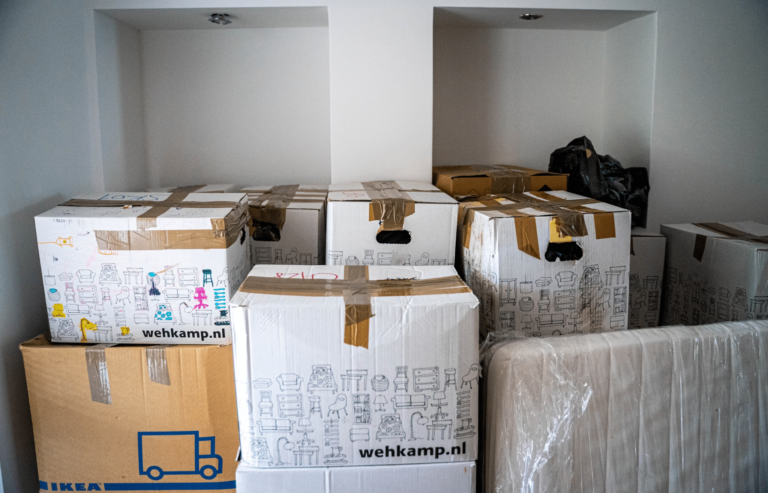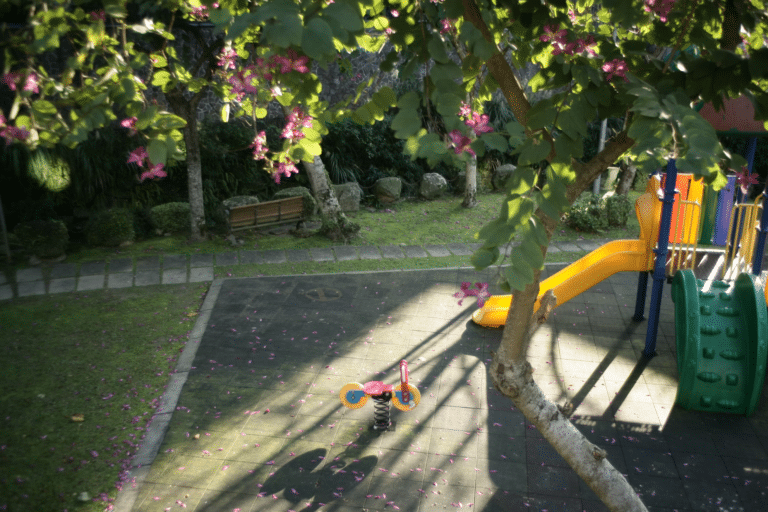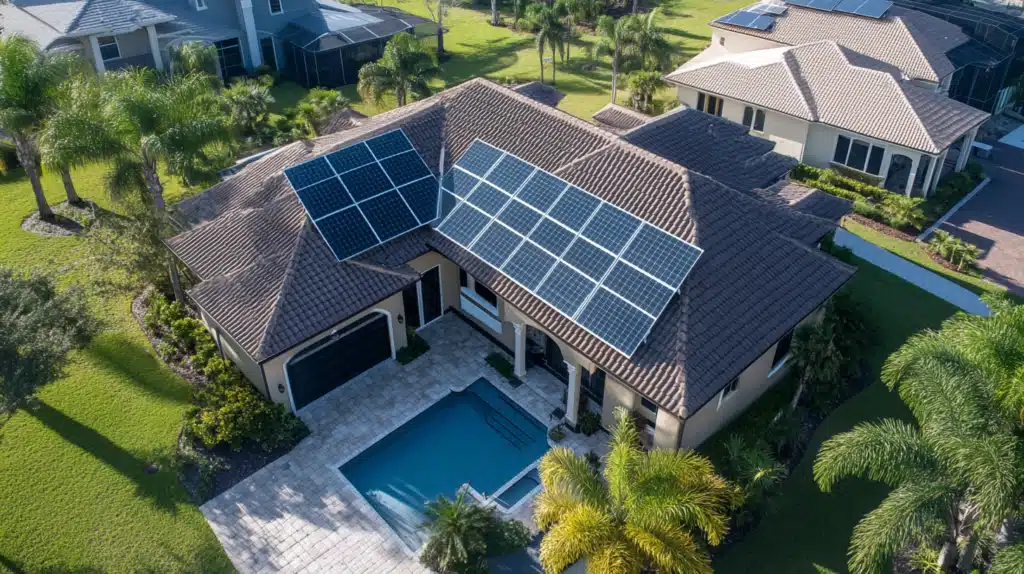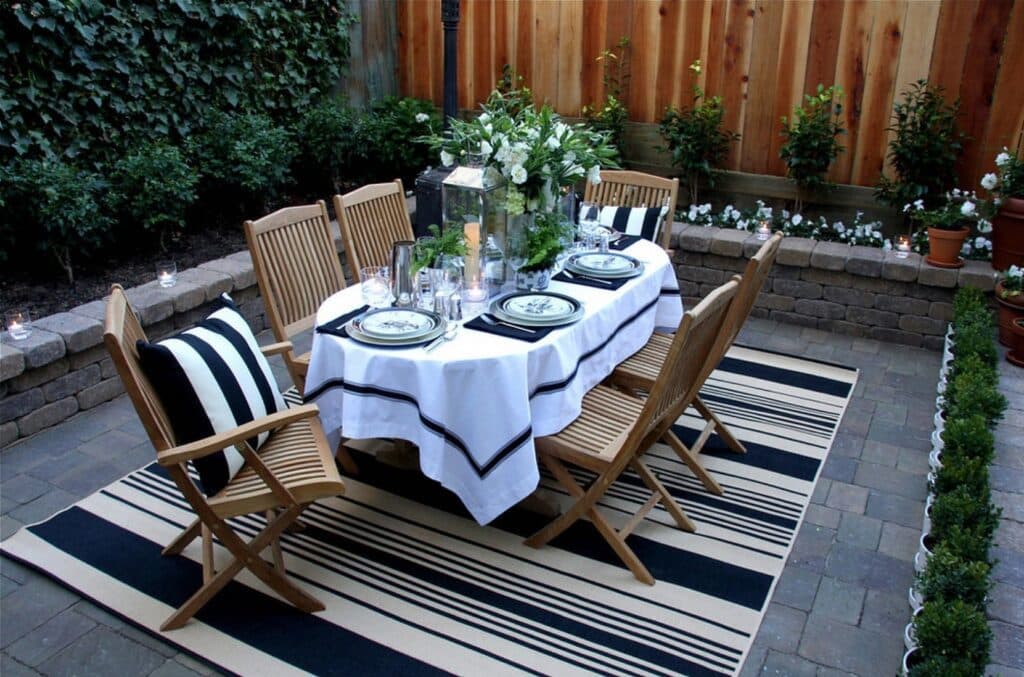Owning a home is one of life’s significant achievements. For many, it represents stability and a personal sanctuary. However, when the time comes to make this dream a reality, one question often arises: should you build your own home or buy an existing one?
Each option has its unique advantages and challenges, making the decision far from straightforward. Understanding these factors can help you choose the path that best suits your needs and goals.
The Benefits and Downsides of Building a Home
Building a home offers the chance to design a space tailored to your preferences and lifestyle. From the layout to the finishes, every detail can be customized to suit your needs, whether it’s an open floor plan, energy-efficient features, or a kitchen designed for your cooking habits. The use of fresh materials and modern construction techniques also means fewer repairs and replacements in the near future, providing peace of mind.
However, building a home comes with challenges. Costs can escalate quickly, with expenses for materials, labor, and permits often exceeding initial budgets. Fluctuating market prices for supplies can add further strain.
Time is another drawback, as the construction process can take months, with potential delays due to weather or contractor schedules. While building allows for complete customization, it requires patience, effort, and careful financial planning.
The Advantages of Buying a Home
Buying an existing home is a more straightforward option for many people. One significant benefit is the ability to move in almost immediately after completing the purchase. There’s no need to wait months for construction to finish, making this a practical choice for those with tight timelines or urgent housing needs.
In many cases, buying can also be more cost-effective. Home loan offer financing options that make purchasing more accessible, whether it’s your first house or a new investment.
These loans can help bridge the gap between your savings and the total price, offering flexibility to achieve your goals. Whether you’re buying a move-in-ready property or something that needs a little work, financial tools like home loans make the process manageable.
Purchasing an established home also often comes with the added bonus of being in a mature neighborhood. These areas typically have well-developed infrastructure, schools, parks, and community amenities. This can be particularly appealing for families or individuals who value convenience and accessibility.
The Downsides of Buying a Home
While buying offers speed and simplicity, it may come with compromises. Existing homes might not align perfectly with your preferences, requiring renovations or upgrades to meet your expectations. Additionally, older properties could have hidden costs, such as outdated wiring, plumbing issues, or structural repairs. These unexpected expenses can turn what seemed like a good deal into a costly investment.
Another limitation of buying an existing home is the lack of flexibility. Once you’ve purchased the property, major structural changes can be expensive and difficult. For instance, expanding a kitchen or altering the layout may involve more work than anticipated.
Homes in established neighborhoods might also come with restrictions such as homeowner association rules or zoning limitations. These constraints can reduce your ability to make the space truly your own.
Some buyers also encounter competition in the real estate market, particularly in sought-after areas. Bidding wars can drive up prices, making it challenging to secure a property within your budget. In these situations, compromises may be necessary to settle for a home that doesn’t fully meet your needs or desires.
Financial Considerations
Regardless of whether you decide to build or buy, finances play a critical role in the decision. Building a home often requires a larger initial investment. You’ll need to budget for the cost of land, permits, architectural plans, materials, and labor. On the other hand, buying typically involves fewer upfront expenses, but you may face hidden costs such as repairs, inspections, and closing fees.
For many, home loans are essential for funding the purchase or construction of a home. They offer flexibility by spreading costs over time, making either option more accessible. When considering a loan, it’s important to evaluate factors like interest rates, repayment terms, and eligibility requirements. Your choice of financing can significantly impact your overall affordability and long-term financial stability.
Comparing Building and Buying Based on Lifestyle
When deciding between building and buying, your lifestyle and priorities should guide your choice. Building a home may suit those with a clear vision for their living space. If you value personalization and are willing to invest the time and effort to create a unique home, building can be rewarding. It also works well for people who plan to stay in the property long-term, as the upfront costs are balanced by years of satisfaction.
Buying, on the other hand, often appeals to those who prioritize convenience. If you need a home quickly or prefer the simplicity of moving into a finished space, purchasing an existing home might be the better option. This route can also provide access to established neighborhoods with a sense of community and proximity to schools, workplaces, and entertainment.
Investment value is another factor to consider. Building a custom home can result in higher resale potential, especially if the design and features align with market trends. However, buying in an area with rising property values can also prove to be a wise investment. Both options can offer financial rewards, depending on your location and the housing market.
The decision to build or buy a home is deeply personal and influenced by various factors such as budget, timeline, and lifestyle needs. While building offers customization and modern amenities, it demands patience and planning. Buying provides convenience and speed but may come with limitations and compromises.
Evaluating what matters most to you will help determine the path that aligns with your goals. Whether you choose to build your dream home or buy an existing one, careful planning and research will guide you to a fulfilling outcome.

